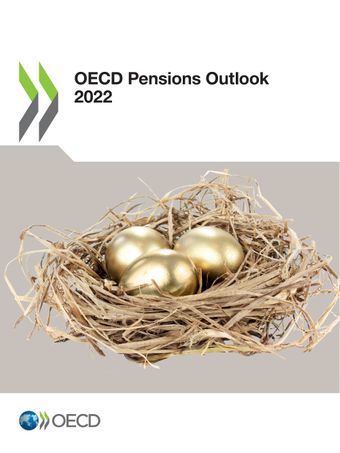The Liability Trap: Why the ALEC Anti-ESG Bills Create a Legal Quagmire for Fiduciaries Connected with Public Pensions
By David J. Berger, David H. Webber & Beth Young Two proposed bills barring public pensions from considering environmental, social, and governance investment criteria create massive legal risk for any pension fiduciary or service provider. The American Legislative Exchange Council “boycott bill” and the “fiduciary duty” bill, if adopted, would impose irreconcilable legal requirements on such fiduciaries, and subject them to compliance with arbitrary and unworkable legal demands. The main legal problems the bills create fall into four categories: (1) the unworkable...










